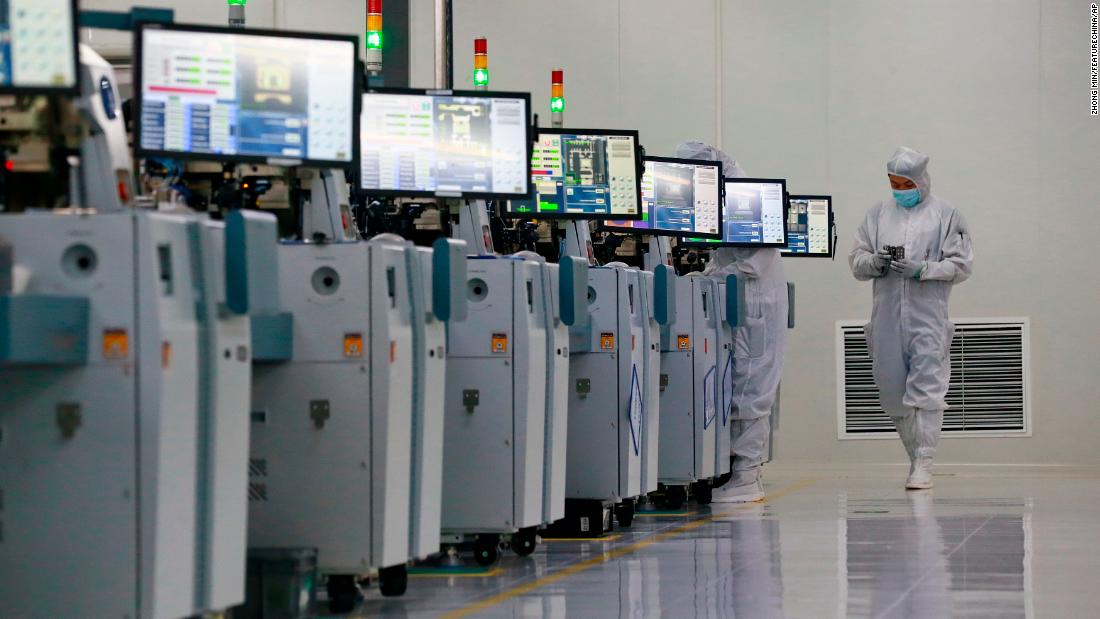Heat wave in China: Sichuan closes factories to save energy
The province is also China’s mining hub for lithium – a key component of electric car batteries – and the shutdown could drive up the cost of the raw material, analysts said.
Sichuan, one of China’s largest provinces with 84 million people, has told 19 of the region’s 21 cities to suspend production at all factories from Monday to Saturday, according to an ‘urgent notice’ issued by Sunday. the provincial government and the state network. .
The decision was made to ensure that enough power is available for residential use, the notice said.
Closing factories for the week could tighten polysilicon and lithium supply and push up prices, Daiwa Capital analysts said in a note to clients.
Several Chinese companies have warned that their production could be affected by the power cut in Sichuan, including Sichuan Haowu Electromechanical, an auto parts maker, and Sichuan Lutianhua, which produces fertilizers and chemicals.
Besides Sichuan, other major Chinese provinces – including Jiangsu, Anhui and Zhejiang – have also urged businesses and households to save energy as the heatwave has depleted electricity reserves.
In some areas, offices have been ordered to raise their AC temperature above 26 degrees Celsius or shut down elevator services for the first three floors, to save electricity.
Inflation risk
Extreme heat in China has also resulted in poor harvests in many parts of the country, adding to inflationary pressures. last month.
He pointed out that the extreme heat has caused droughts in some agricultural areas in the south. In the north, rains and floods have also led to poor harvests.
“August and September are the key periods for the formation of autumn cereal production. [We must] pay particular attention to the impact of natural disasters, insects and diseases on our country’s food production,” he added.


Comments are closed.